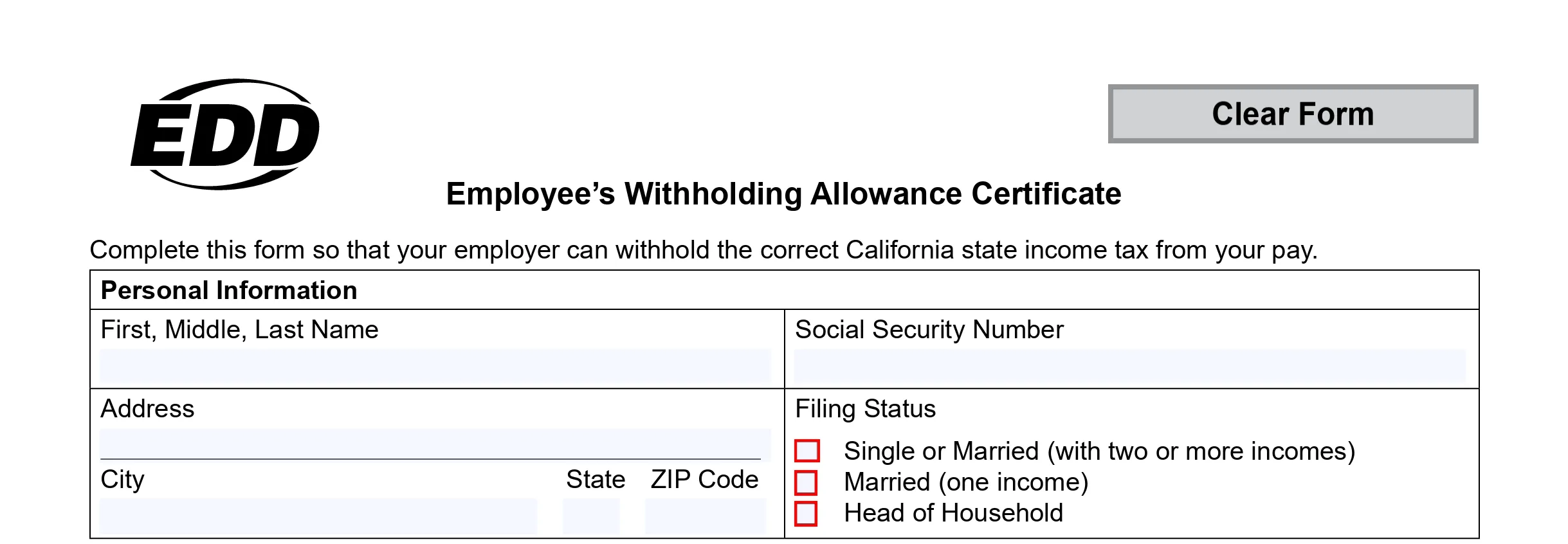Tips to help you grow your Small Law Firm

Looking to expand? You might have reached your maximum capacity and want to hire staff, or maybe you know you could do better with some help because there is potential for additional earnings.
While these are valid reasons to grow, if you don’t have a plan to implement and follow you could have disastrous results.
First you need to focus on running your practice as efficiently as possible. Then, identify your practice’s most important financial indicators and create a plan to make sure you can afford your growth path.
1. Create, Develop and Implement Systems
You need to take the time to keep a record of your internal business practices.This is the only way to scale your practice.
Easy to follow Instructions for oft-repeated tasks like filing documents, contacting clients, signing in visitors, and scheduling meetings should be clear and easy to access for everyone on staff.
Written procedures remove friction and enable the work to happen quickly and easily also allows your business to operate smoothly when you’re not there.
Optimizing all of your procedures before you try to grow your staff or practice areas accomplishes several things:
- It frees up the funds you need for growth by saving you time on tedious tasks and enabling you to bill for more lucrative tasks with that saved time
- It ensures that you have a solid procedural foundation to build on (your processes will only get more complicated as additional people, places or subject areas get involved)
- It makes it easier to hire potential employees, because you’ll have a clearer idea of what you expect them to do
- It makes it easier to train new hires, because they’ll have built-in instructions for their essential tasks
Becoming truly systems-focused requires a long-term commitment from the leadership. Your staff will ignore procedures if they’re not seen as a critical job priority. And as soon as documents get outdated, they become useless for training and staff turnover management.
2. Delegate
When working on growth, you must prioritize the tasks that enable that growth, the tasks that will bring in the most revenue. This means, you shouldn’t be handling all the tasks.
Delegation can be particularly difficult for lawyers at small firms because their personal identity is often intertwined with that of the firm. (Sometimes the firm even has their last name!). To accomplish growth you need to stop thinking about your firm as a personal extension of yourself and start seeing it as an independent company that can operate without you.
Here are a few examples of tasks that lawyers delegate effectively to free up their own time for more profitable work:
Handling Visitors
If you don’t have a front desk staff yet, you might be able to prevent harmful interruptions with a standalone visitor sign-in kiosk in your lobby area.
If you already have a front desk staff at a physical office, their job is going to get more demanding as your practice grows. If your front desk staff is also responsible for office management or administration tasks (as many are), visitor management software can help them check people in quickly and efficiently and focus on their other work.
Customer Service
Much of what weighs down a law firm’s time is its customer-service-like requests from clients, such as updates on the status of their case and questions about dates and timelines.
By hiring a dedicated team to handle these requests, you free up time for lawyers to bill for more expense work. But in the process, you also increase client satisfaction, and therefore increase your odds of getting referrals and keeping clients for the long term.
Accounting
Most business owners are accustomed to outsourcing their taxes to accountants. But smart business owners know that they can also delegate tasks like invoicing, bill collection, and payroll to dedicated professionals or software programs.
Case Management
There are plenty of legal-specific tools on the market today that make it easier for attorneys to manage case documents, take notes, manage schedules, track expenses, time tracking, and client communications for their cases all in one place. These programs come with a number of features. Some of them even integrate with other online software programs, such as accounting software, to save your staff even more time.
Some law firm management tools are even equipped with client portals to let your clients check on their own case details without ever having to call your office (a convenience they’ll likely appreciate).
3. Before Hiring, make sure you know your numbers
If you’re considering making a hire, things are probably going really well for your practice right now. You might even be feeling overwhelmed with all the work on your plate. Hiring to get yourself the help you need might seem like a no-brainer.
A full-time hire is a big, long-term commitment. Before hiring you need to know if you can afford to pay for this hire’s salary, benefits and other expenses (such as equipment and office space) throughout every month of the year. What if your growth slows or you encounter other unexpected expenses? No one wants to have to make a hire just to let them go a short time later.
That’s why you need to carefully calculate how much it will really cost to hire someone for any given role. Then, calculate how many new clients, engagements, or hours billed you need to hit in order to afford to pay them long-term. Make sure to work on Cash Flow projections and always try to keep cash available to cover at least 3 months of expenses.
If you found this information helpful please like and share.
Need help? Contact us at [email protected] or by phone (510) 992-3499



